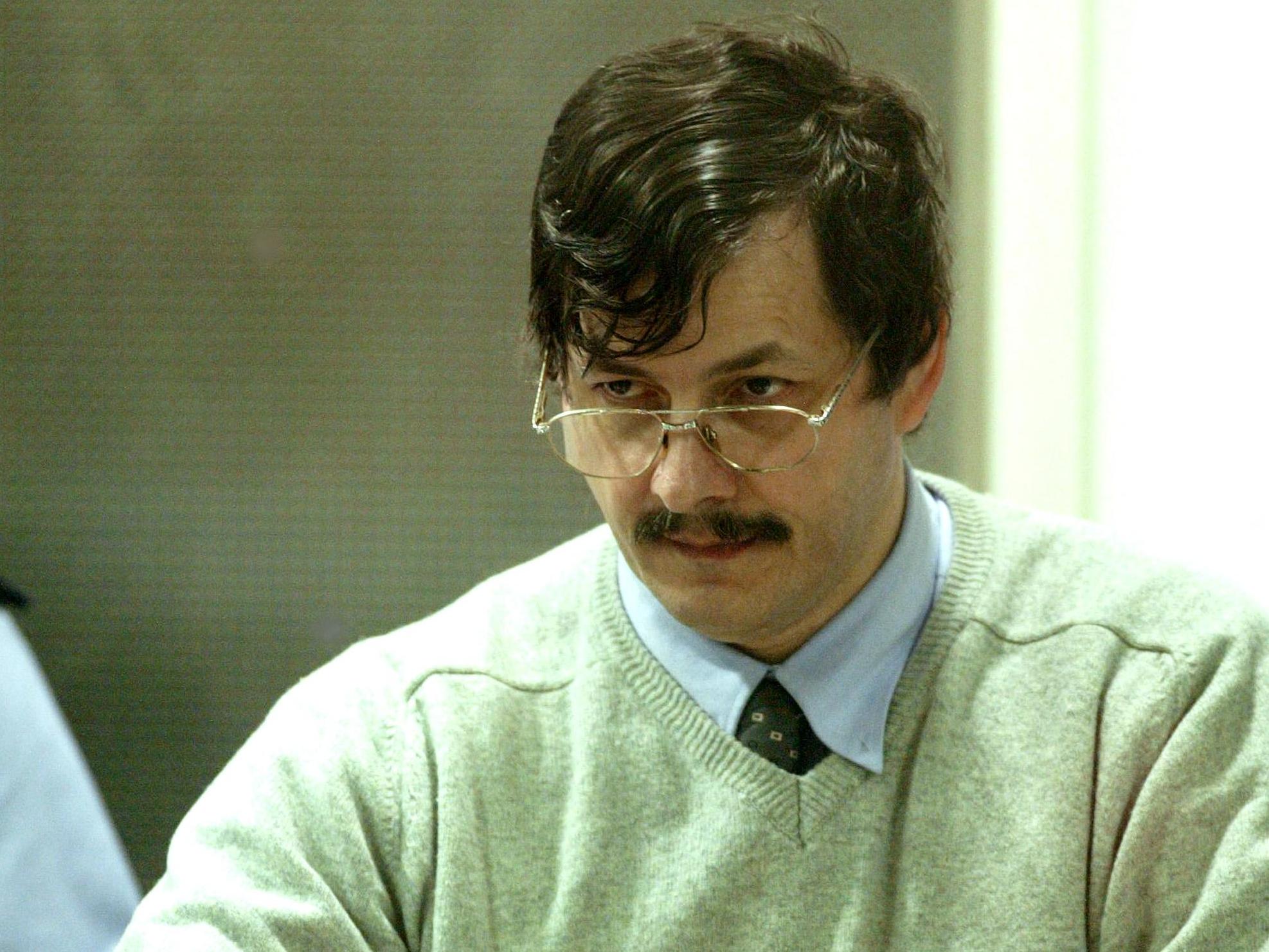Outrage as infamous Belgian child-killer writes letters to victims' families 'in bid to secure parole'
Parents accuse notorious paedophile of 'moral harassment'

Your support helps us to tell the story
From reproductive rights to climate change to Big Tech, The Independent is on the ground when the story is developing. Whether it's investigating the financials of Elon Musk's pro-Trump PAC or producing our latest documentary, 'The A Word', which shines a light on the American women fighting for reproductive rights, we know how important it is to parse out the facts from the messaging.
At such a critical moment in US history, we need reporters on the ground. Your donation allows us to keep sending journalists to speak to both sides of the story.
The Independent is trusted by Americans across the entire political spectrum. And unlike many other quality news outlets, we choose not to lock Americans out of our reporting and analysis with paywalls. We believe quality journalism should be available to everyone, paid for by those who can afford it.
Your support makes all the difference.A notorious child-killer who abducted, raped and murdered girls in Belgium has outraged victims’ families with a letter offering to answer questions about their deaths.
Marc Dutroux, now 61, was jailed for life in 2004 for the kidnap and rape of six girls, four of whom perished in the dungeons where he kept them between 1995 and 1996.
He murdered teenagers An Marchal and Eefje Lambrecks by burying them alive and two eight-year-olds, Julie Lejeune and Melissa Russo, starved to death in his cellar after he was arrested over a car theft.
Two other girls survived after they were found in his Charleroi basement two days after his arrest.
The victims’ families have recently received letters from Dutroux’s lawyer offering to “heal their wounds, in some very modest way”.
The families have rejected the approach as a cynical show of remorse aimed at winning the killer’s release from prison. It is thought answering questions about his crimes would be one of the conditions Dutroux would have to fulfil to win parole.
Dutroux first asked a court to release him into house arrest just eight years into his life sentence. His request was rejected, and his own mother has predicted he would kill again if he was freed.
Dutroux’s lawyer Bruno Dayez said the killer “acknowledges his entire and overwhelming responsibility for the death of the four children” and said he was “addressing the parents and his victims to inform them that he is ready to respond to any questions they may have”.
“It is a pacifying approach,” he added. “Rather than all parties fighting like cats and dogs for years, we are opening the door to discussion. Nobody has anything to lose.”
Jean Lambrecks, father of Eefje, dismissed the letter as “a major publicity stunt by a lawyer with plenty of time and few clients”. He said it had been written in French and was not translated into his Dutch, his native tongue.
Melissa’s mother Carine Russo accused Mr Dayez of “moral harassment” and said the lawyer was “throwing acid” into families’ wounds.
Julie’s father, Jean-Denis Lejeune, likened the letter to “torture”.
“The lawyer also speaks of restorative justice,” he wrote in a Facebook post. “What is there to repair? Nothing will make me my daughter!”
Dutroux, known as the "Monster of Charleroi", is one of Belgium's most despised criminals.
The early release of his wife, who was jailed for 30 years for her role in his crimes, provoked outrage in 2012.
Michelle Martin served 16 years for letting Julie and Melissa starve to death following Dutroux's arrest.
She claimed she had been too scared to go into the cellar to feed them, but prosecutors said she had been an accomplice to her husband's murderous spree.
The case is particularly sensitive case for the Belgian authorities, with police and judicial officials accused of a series of mistakes which freed Dutroux to kill.
Dutroux and Martin were jailed in 1986 on charges of abduction and rape of five girls, but released for good behaviour just a few years into their sentences.
In 1996, police visited and searched the couple’s home while two eight-year-old girls were being held captive. They left without taking action, and the girls later died of starvation.
Join our commenting forum
Join thought-provoking conversations, follow other Independent readers and see their replies
Comments